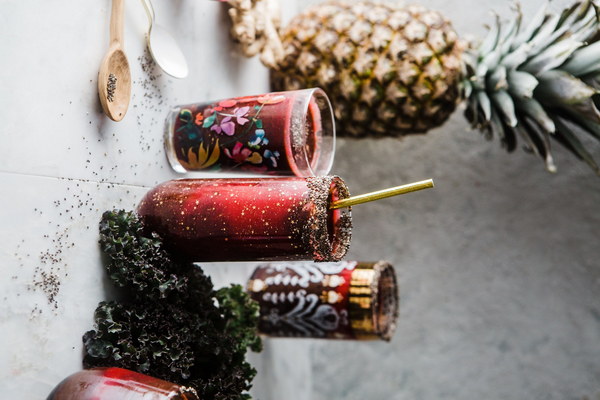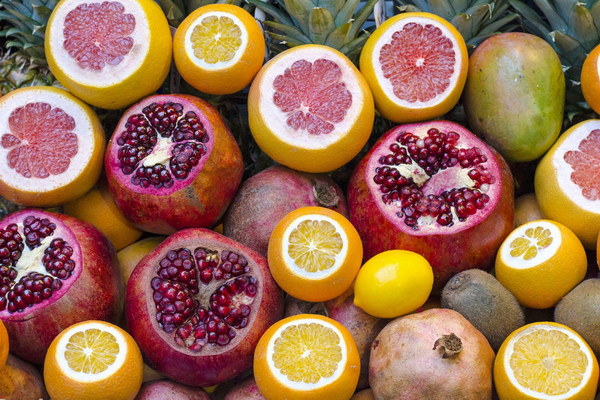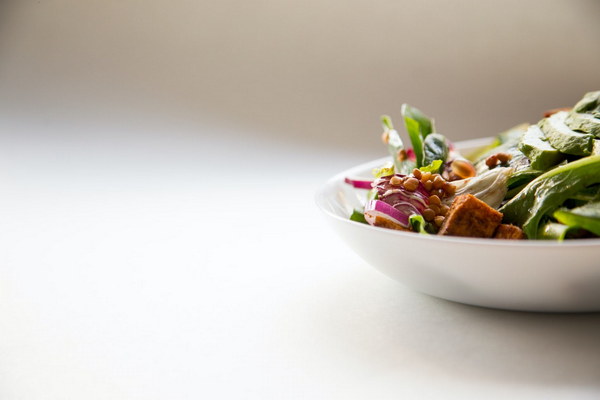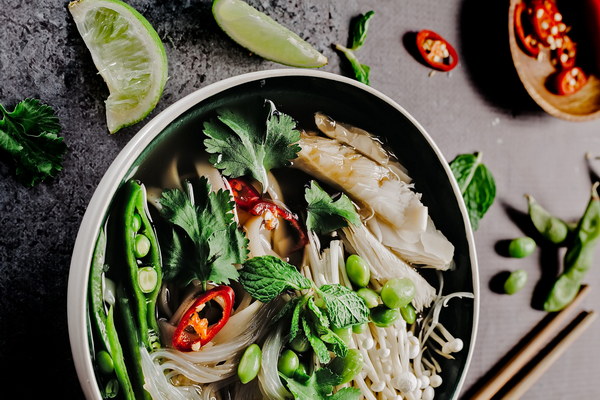Revitalize Your Body A Comprehensive Guide to NourishingQi and Blood Deficiency through Traditional Chinese Medicine
In the realm of Traditional Chinese Medicine (TCM), Qi and Blood play a pivotal role in maintaining the body's overall health and vitality. When there is a deficiency in either Qi or Blood, it can lead to a range of health issues. This article aims to provide a comprehensive guide on how to nurture and replenish Qi and Blood to restore balance and well-being.
Understanding Qi and Blood Deficiency
Qi, often translated as vital energy, is the fundamental life force that permeates the body, regulating its functions and maintaining its balance. Blood, on the other hand, is responsible for nourishing the tissues, organs, and maintaining the immune system. When there is a deficiency in either Qi or Blood, it can result in symptoms such as fatigue, weakness, pale complexion, dizziness, cold hands and feet, and insomnia.
1. Diet and Nutrition
A well-balanced diet is crucial in replenishing Qi and Blood. Here are some dietary recommendations:
- Incorporate foods rich in iron, such as red meat, fish, poultry, and beans, to boost blood production.
- Include vitamin C-rich foods, such as oranges, strawberries, and bell peppers, to enhance iron absorption.
- Consume foods that are high in vitamin B12, such as fish, meat, and dairy products, to support red blood cell production.
- Add foods that are known to boost Qi, such as ginger, ginseng, and turmeric, to your diet.
- Eat a variety of nuts, seeds, and whole grains to provide essential nutrients for the body.
2. Herbs and Supplements
Herbs and supplements can help to replenish Qi and Blood. Some commonly used TCM herbs include:
- Astragalus (Huang Qi): Known for its ability to boost Qi and strengthen the immune system.
- Goji berries (Gou Qi Zi): Rich in antioxidants, goji berries are believed to improve vitality and energy levels.
- Red dates (Hong Zao): These are known to nourish blood and improve overall energy levels.
- Dong Quai (Dang Gui): Often used to treat anemia, this herb is believed to tonify blood and regulate menstrual cycles.
Before starting any herbal or supplement regimen, it is essential to consult with a qualified TCM practitioner to ensure the correct dosage and compatibility with your specific condition.
3. Acupuncture and Massage
Acupuncture, a key component of TCM, involves inserting fine needles into specific points on the body to unblock Qi and Blood flow. This technique can help alleviate symptoms of Qi and Blood deficiency by promoting healing and balancing the body's energy.
Additionally, massage therapy can help to improve circulation, reduce stress, and enhance overall well-being. Techniques such as Swedish massage, deep tissue massage, and shiatsu can be beneficial in addressing Qi and Blood deficiency.
4. Exercise and Lifestyle
Regular exercise is essential for maintaining a healthy Qi and Blood flow. Gentle, low-impact activities such as walking, tai chi, or yoga can help to boost energy levels and improve overall health. It is also important to:

- Get adequate sleep to allow the body to replenish Qi and Blood.
- Manage stress through relaxation techniques such as meditation, deep breathing exercises, or mindfulness practices.
- Avoid excessive alcohol consumption, smoking, and other harmful habits that can deplete Qi and Blood.
Conclusion
By incorporating these TCM practices into your daily routine, you can effectively nourish and replenish Qi and Blood, leading to improved health and vitality. It is essential to work with a qualified TCM practitioner to tailor these practices to your specific needs and ensure that you are on the right path to restoring balance and well-being.









